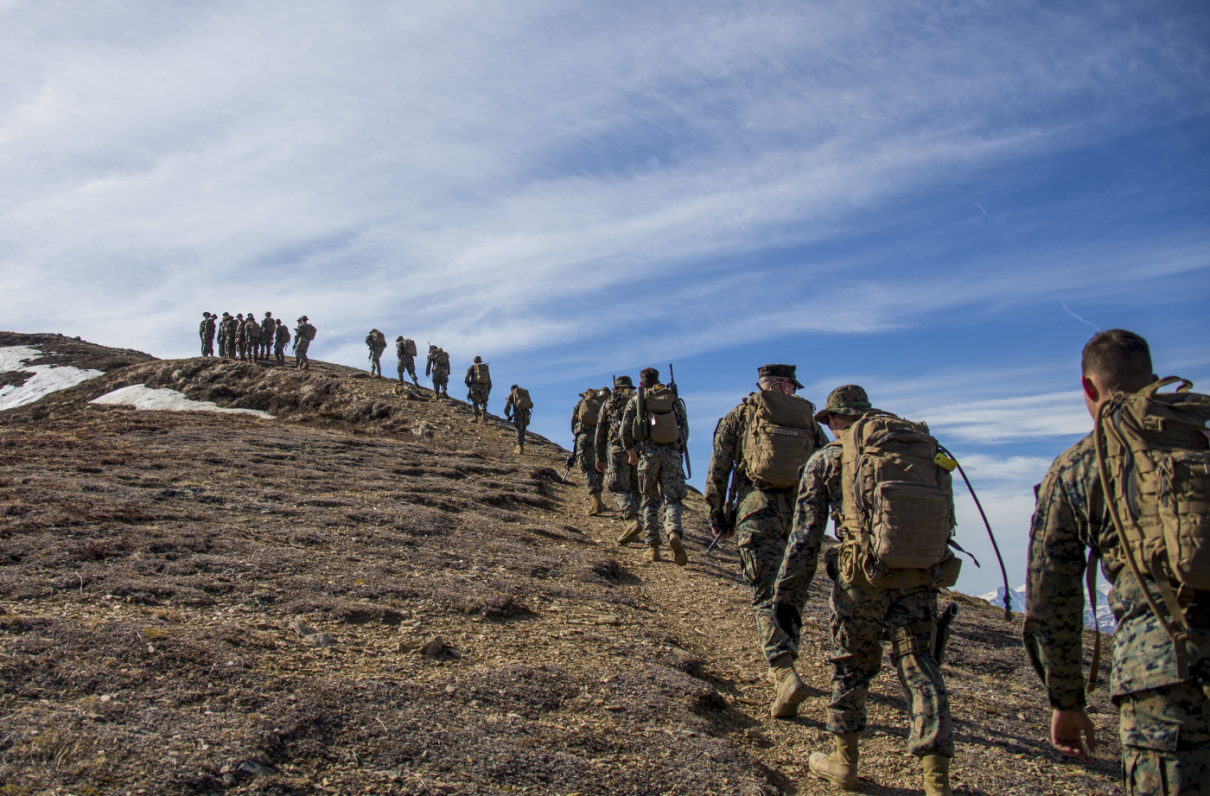The “90-10 loophole” has picked up a lot of press over the last few years, especially from military and veteran service organizations like MOAA that advocate on behalf of military-connected students. There’s even a provision in the House version of the 2020 National Defense Authorization Act (NDAA) seeking a report to support closing the loophole.
But what is the so-called “90-10 rule,” what is the loophole in it, and why does it matter to servicemembers and veterans, and their families seeking to further their education?
Introduced in the 1990s to prevent for-profit educational institutions from subsisting entirely on federal funds, the 90-10 rule requires for-profit schools to obtain at least 10% of their income from non-federal sources. However, “federal” funds were defined only as Title IV funding, such as federal student loan programs, Pell Grants, and other federal financial aid programs. That excludes DoD and VA educational programs, such as the GI Bill.
This oversight resulted in the aggressive recruitment of military-connected students by poor-performing institutions looking to meet the requirements of the rule through the loophole. Congress and advocates have for years sought ways to protect servicemembers and veterans, and their families, as many of these institutions have shuttered, leaving military-connected students with worthless degrees … or no degree at all.
[RELATED: MOAA Educational Assistance Programs]
The Forever GI Bill, passed in 2017, included provisions to restore education benefits to defrauded students, discharge any loans taken out, and reimburse any payments made on those loans. In the cases of those students who have already been defrauded, this can ameliorate financial hardship and provide a path forward for successful degree attainment.
But now there must be suitable regulation to prevent this from happening to more military connected students.
MOAA recommends closing the 90-10 loophole that allows bad actors to take advantage of service-connected students. Last month, MOAA joined 36 other military and veteran service organizations calling on senior members of the House and Senate Housing, Education, Labor and Pension Committees to pass a comprehensive, bipartisan reauthorization of the Higher Education Act that includes closing the 90-10 loophole. And on June 13, MOAA is joining forces with a group of other veteran and military service organizations on Capitol Hill, calling on members of Congress to close the 90-10 loophole as part of advocacy efforts on behalf of military-connected students.




